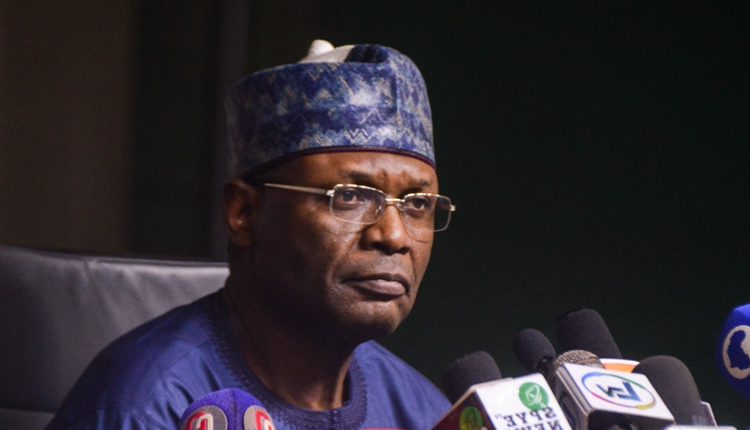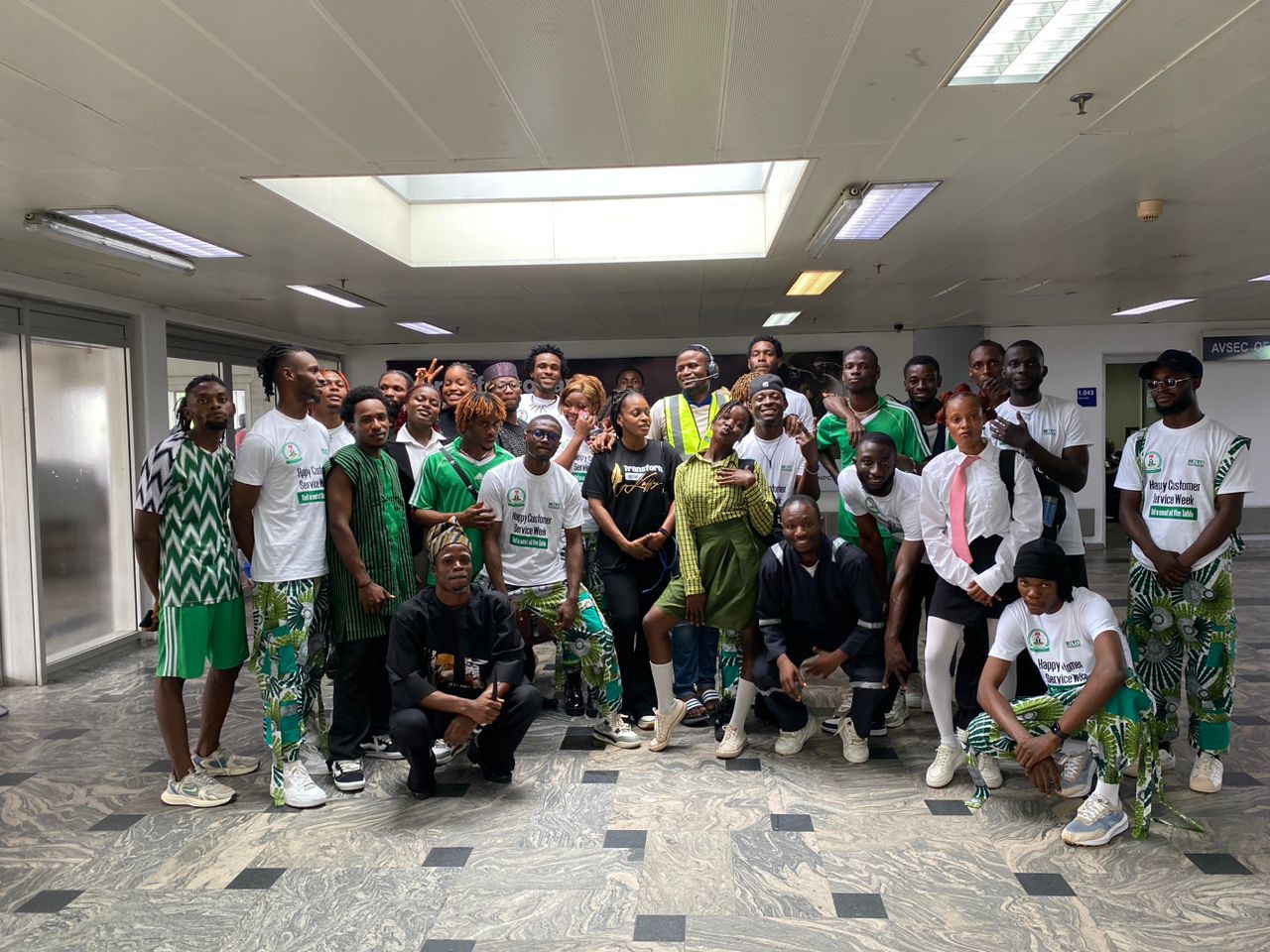In a decisive move to curb vote buying and ensure secure elections, the Independent National Electoral Commission and Nigeria’s security agencies on Tuesday reaffirmed their commitment to electoral integrity ahead of key polls in 2025 and 2026.
At the first regular meeting of the Inter-Agency Consultative Committee on Election Security for the year in Abuja, INEC Chairman, Prof. Mahmood Yakubu, warned that vote buying remains a serious threat to free and fair elections in Nigeria.
Yakubu noted that while arrests have been made in previous elections, the fight against electoral corruption must intensify, especially with party primaries approaching.
He highlighted that vote buying is not limited to election day but extends to party primaries, where delegates are influenced with money to manipulate the nomination process.
With primaries for the Anambra State governorship election set for next month and the Federal Capital Territory Area Council elections following in June, he urged security agencies to take proactive measures.
Yakubu explained, “There is, of course, a lot of work to do, especially in combating vote buying. The Commission is happy with our collaboration with law enforcement agencies, particularly the anti-graft agencies. Beyond the arrest of vote buyers on election day, our active partnership has so far resulted in the successful prosecution of some offenders in three states of the federation.
“As you are aware, the problem also manifests itself during party primaries for the selection of candidates. In the same way that voters are targeted at polling units on election day, so too is delegate buying at congresses and conventions.
As you can see from the timetable and schedule of activities in your folders for this meeting, party primaries for the Anambra State governorship election begin next month, followed by the Area Council elections in the FCT in June. We should continue working together with other critical stakeholders to address this menace.”
Beyond vote buying, the INEC Chairman added that securing election logistics and ensuring smooth voting remain key concerns.
“Our experience in managing logistics during the last Ondo State governorship election provides a template for future elections.
“Better coordination in the deployment of security and electoral officials contributed to the early commencement of polls and the peaceful conduct of the election, despite the challenging terrain, particularly in riverine areas.
“The forthcoming governorship election in Anambra State must be similarly well-coordinated. Together, we should continue to give Nigerians a positive experience on election day and beyond,” he added.
Also at the event, the National Security Adviser, Nuhu Ribadu, praised security agencies and INEC for their coordinated efforts in ensuring improved security during the Edo and Ondo State off-cycle governorship elections.
Ribadu, who was represented by the Director of Internal Security at the Office of the NSA, Hassan Abdullahi, acknowledged the seamless cooperation among security agencies, which enabled a swift response to potential threats that could have disrupted the electoral process.
He highlighted the deployment of technology, including drones, advanced communication systems, and enhanced surveillance measures, as key factors in the improved election security.
These innovations, he noted, played a crucial role in ensuring timely intervention in areas where incidents arose.
“The National Security Adviser, Mallam Nuhu Ribadu, who doubles as the Co-Chair of ICCES, appreciates the security agencies, as well as INEC, for the significant improvement in security recorded during the Edo and Ondo State off-cycle governorship elections.
“The polls witnessed seamless cooperation between security agencies, which facilitated a quick response to incidents that could have significantly disrupted the exercise.
“There was also the deployment of technology, especially drones and communication systems, as well as improved surveillance and coordination, which accounted for the timely response to incidents,” Abdullahi noted.
The director noted that despite these successes, the NSA expressed concerns over the lower-than-expected voter turnout in both states.
However, he commended the general conduct of the electorate, noting that apart from a few cases of voter agitation due to the delayed commencement of voting in some polling units caused by logistical challenges, the elections were largely peaceful.
Looking ahead, he assured that lessons drawn from these isolated incidents would be instrumental in refining security strategies for upcoming elections.
He emphasised that these insights would be particularly vital in ensuring the smooth conduct of the forthcoming bye-elections across various parts of the country and the Anambra State governorship election, scheduled for 25 November 2025.
“Though voter turnout across the two states was lower than expected, the conduct of the electorate was commendable, despite a few incidents of voter agitation over delayed commencement of the exercise in some polling units due to logistical constraints.
“Moving forward, the NSA has assured that the lessons learned from the incidents recorded during the Edo and Ondo polls will be vital in refining security strategies ahead of the forthcoming bye-elections in some parts of the country, including the governorship election in Anambra State, scheduled for 25 November this year,” he added.
The Commission is preparing for two major elections — the Anambra State governorship election on 8 November 2025 and the FCT Area Council elections on 21 February 2026.
Additionally, 16 bye-elections will be conducted across 12 states to fill legislative vacancies at both federal and state levels.



